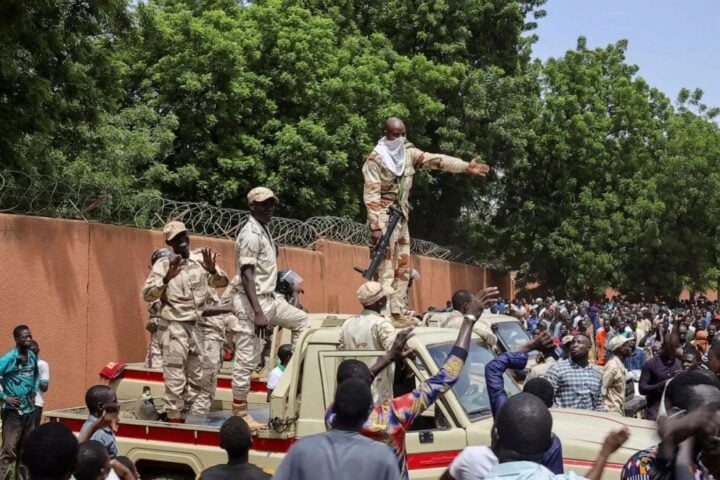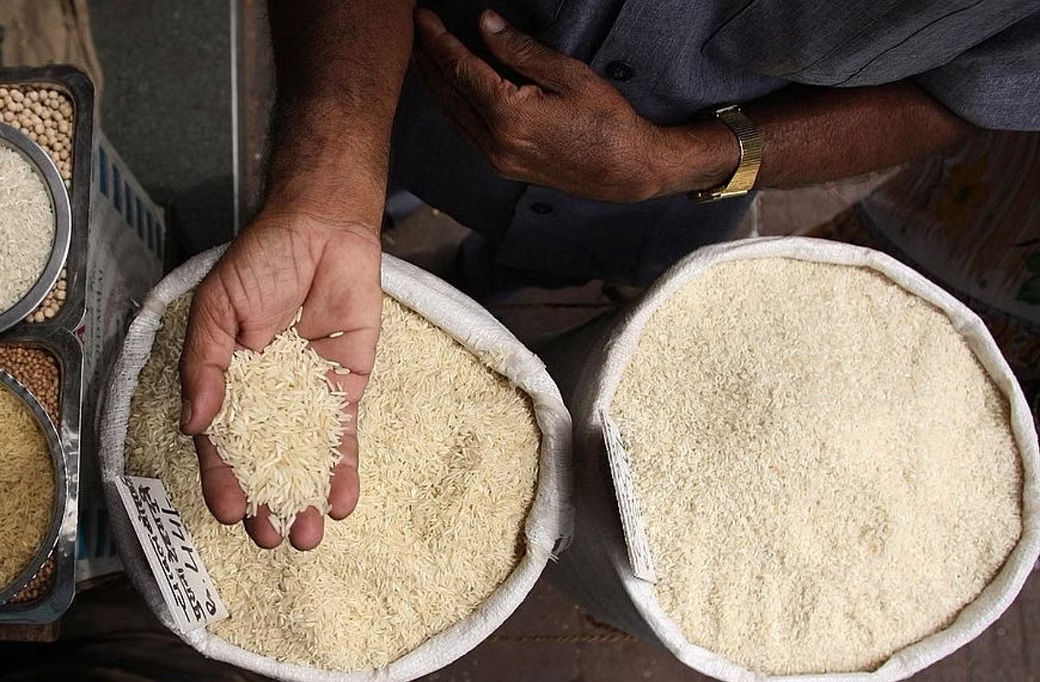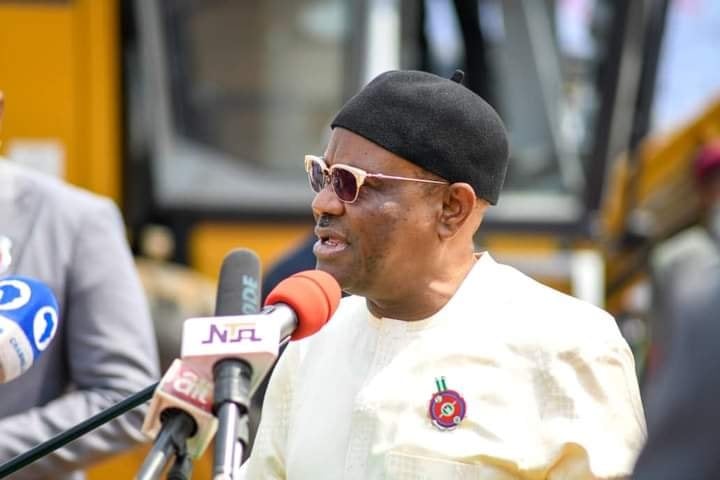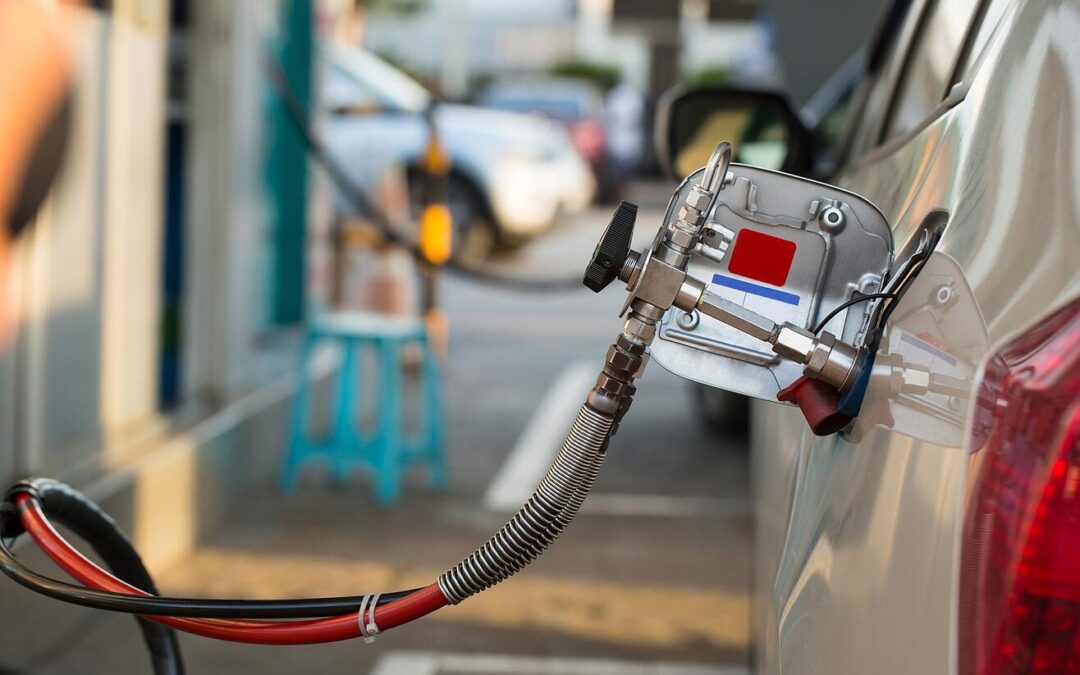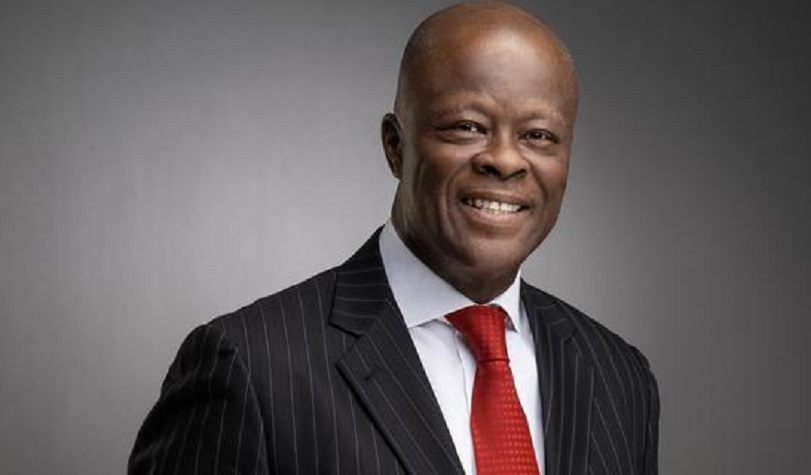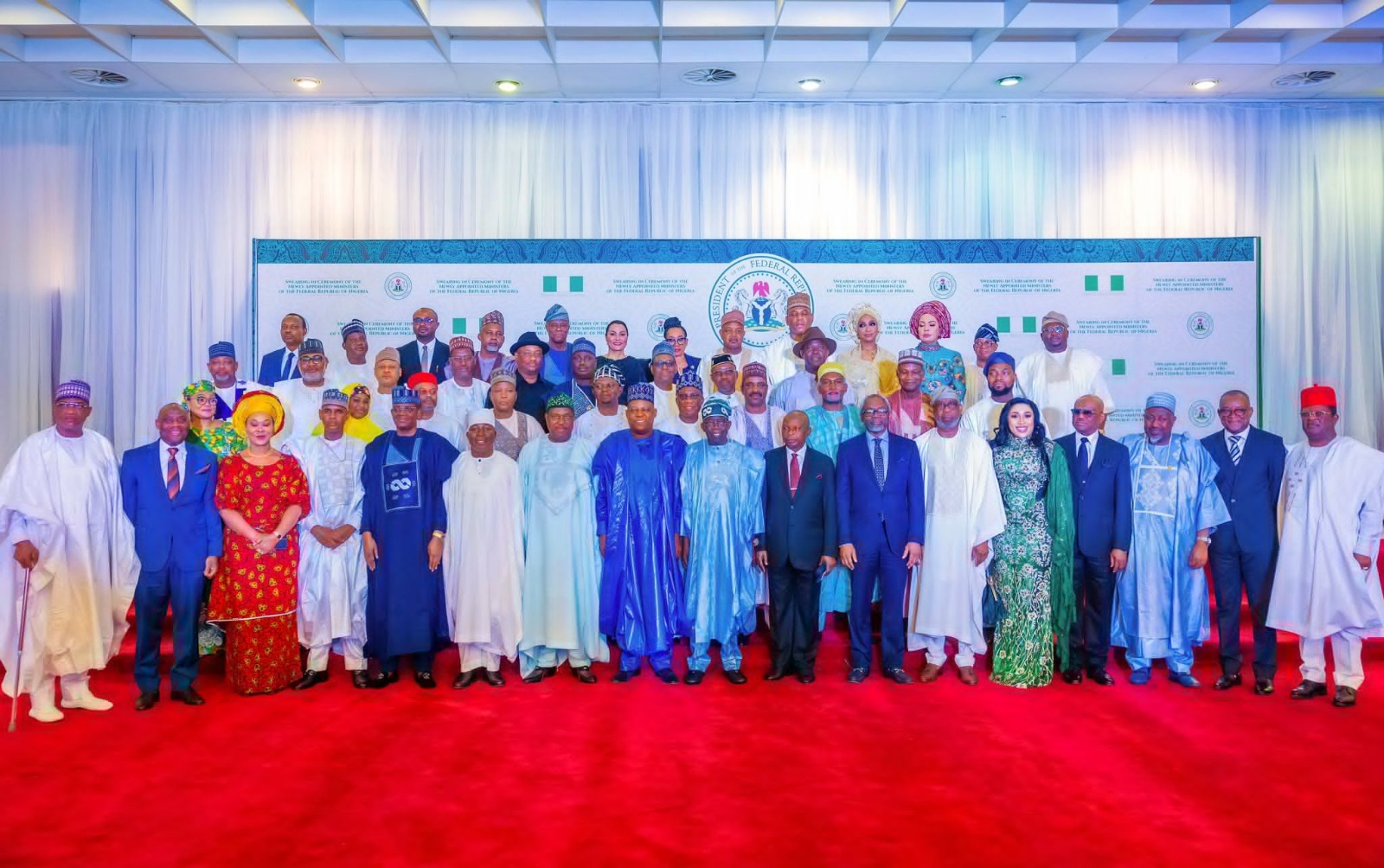If a mosquito perches on a certain part of a man’s body, he needs to, kill it with utmost caution, or drive it away with, at least, measured anger. That describes the current stalemated face-off between the Niger Republic and the Economic Community of West African States (ECOWAS). Much has been written and said about the situation of grave political uncertainty that has engulfed Nigeria’s northern neighbour, since the military, under the leadership of an army chief, Abdourahmane Tiani, seized power, on July 26, 2023.
The ECOWAS, in line with its policy of zero-tolerance for non-civil rule, rejects coups under any guise. But the Nigerien presidential guard, the section of the military meant to protect the democratically elected president (Mohammed Bazoum) surrounded the presidential palace on that fateful day, overthrew his government, and subsequently sequestered him for days before an official announcement was made that there had, indeed, been a change of government in the country. In spite of the regional body’s non-tolerance for military rule, military coups have taken place in Mali, Burkina Faso, and Guinea in the past three years. That qualifies the region to be tagged “the Global Headquarters of Coup-plotting”.
At the bottom of the recalcitrant positions of the Nigerien junta, and ECOWAS’ insistence on the ousted president being reinstated is the need for self-preservation by each of the two parties. That is, the coupists need to safeguard their grip on power while, on the other hand, those ECOWAS heads of state and government believe that if the menace of sudden violent seizure of power is not curbed, it would soon creep into their respective domains, and undermine their administration.
That said, as countries and international organisations (including the ECOWAS) began to respond to the situation, condemning the unconstitutional change of government by the coupists and calling for an immediate restoration of democracy in the second-largest African country by land mass, the drumbeat of war became louder. ECOWAS specifically issued a seven-day ultimatum for the army to return power to the ousted president, Mohammed Bazoum, or face military action by a coalition of the regional body’s forces of ECOWAS Monitoring Group (ECOMOG). Some critics would ask; Where was ECOWAS when the democratically elected governments of Mali, Guinea, and Burkina Faso were unseated via military coups? Well, what the reply of the regional body would seem to be is; “Enough is enough”. And truth be told, its silence over the previous coup does not justify the current one in the Niger Republic. There is no gainsaying the fact that, if this one goes unchallenged, it would be a kind of “come on” for some adventurous young military officers in other countries to try their luck at seizing power through the same means.
Advertisement
The military junta, in response, has dug deep in a bid to assert their authority in line with the need to search for legitimacy and underscore the country’s purported “sovereignty” which they have defiled in the first instance. They threatened to defend the territorial integrity of their country, as a matter of national pride, in line with relevant international laws. Three other African countries that have fallen under military rule in the past couple of years – Mali, Burkina Faso, and Guinea — have also vowed to join their Nigerien counterpart in defending the junta, and by extension, the country in the event of military intervention by any foreign force, be it ECOMOG, AU, or UN Mission. To underscore their position of utmost resistance towards any foreign force, the junta refused to meet with a tripartite delegation of the ECOWAS, the AU, and the UN who were in the country about a fortnight ago to explore the possibility of diplomacy instead of the use of force.
The same thing with the American diplomat, Victoria Nuland, who is currently acting as the secretary of state to President Joe Biden. Tiani in a recent broadcast said; “A military intervention will not be the walk in the park some people seem to think”. He also added that “neither the army nor the people of Niger want war, but we will resist any manifestation of it”. ECOWAS also announced that its intervention force is on stand-by, in case the junta remains adamant. The body had also rejected a three-year democratisation plan by Tiani and his administration announced by the newly appointed prime minister, Lamine Zeine, saying it will no longer tolerate any prolonged transition programme in the region (West Africa) that has become notorious for coup d’état. But, in the whole shenanigan, one thing is certain to both parties and that is, dialogue/diplomacy will be much less expensive than the “military option” which ECOWAS says is not off the table yet and to which the junta also promised to respond accordingly.
Then, if that is the case, why would ECOWAS insist on using force to restore democratic rule in Niger Republic? Why is the junta also being recalcitrant as to not even think about the possible collateral damages among the civilian population in the event of a military option by ECOWAS? Who gains or loses in the event of a possible outbreak of war? Who is beating the drum of war that the two parties appear to be dancing to? Some people say it is a proxy war between Russia and the West that is likely to turn Africa into the new battleground for the eternal ideological foes. In any circumstance, every stakeholder must understand that no Nigerien’s blood deserves to be spilt to prove who is wrong or right, or superior to the other, between the coupists and ECOWAS or between their alleged backers.
Advertisement
The UN, AU, ECOWAS, and especially Nigeria must be guided by antecedents of war in the region. With the benefit of hindsight, Nigeria should be more measured in her support for any option, other than diplomacy, since the number of lives and limbs lost in the Liberian and the Sierra Leonean civil wars in the 90s is in the hundreds, if not thousands. I am not talking about material resources, as she was the major financier, and troop contributor to the ECOMOG forces then. Nigeria reportedly burnt not less than $11 billion. In terms of the concomitant humanitarian crises, despite being about two thousand (2,003) kilometres from the theatres of those wars, Nigeria received the largest number of refugees, as could be ascertained through the camp in Oru Ìjẹ̀bú-Igbo in Ogun state.
Now let’s think about the Nigeria-Niger Republic porous border that stretches up to 1,608 kilometres (999 miles) with many ungoverned spaces along the corridor on both sides of the divide. The influx will be uninterrupted, considering the historical, cultural, and ethnic affinities of most Nigeriens with the people of northern Nigeria. The influx of refugees from the Niger Republic and the proliferation of light weapons due to the non-existent border policing is more likely than not, to double, if not quadruple the security challenges in northern Nigeria. Again, a food crisis is another looming danger, in the event of a military assault on the Tiani junta. Meanwhile, Nigeria is on the precipice, in terms of food security, due to the intractable security challenges by insurgents and bandits in the north, which happens to be the major source of food supply for the rest of the country. Therefore, supplies which have been coming from the Niger Republic, bridging that gap in food supply, occasioned by the insecurity, will automatically stop. It, then, stands to reason, why governors of the Nigerian states sharing a border with the Niger Republic took a “no-war” position. That is also a reason why the Nigerian president, Asiwaju Bola Ahmed Tinubu needs to act with caution, within the context of his office as the ECOWAS chairman, and the president of the most populous nation in Africa bordering Niger Republic, and be guided by the wisdom from the saying that, “when a mosquito perches on your dangling part, you don’t kill it the way you do, when it perches on your arm”. Nigeria has more to lose than gain in the event of ECOWAS making good its threat of military action in Niger.
Meanwhile, I do not envy President Tinubu for the position in which he has found himself as the chairman of ECOWAS, and the president of a country that shares one of the longest borders with the Niger Republic. Some political commentators have, out of sheer mischief, or ignorance, taken it as though the decision to use the military option was a unilateral one taken by the president. Meanwhile, when it comes to voting, for decision-making, it is “one nation, one vote”. Tinubu is therefore not superior to other heads of government at the meeting of the Authority of Heads of States and Government, which is the highest decision-making organ of ECOWAS.
But I do understand and appreciate the leadership expectations that people have of Nigeria when it comes to matters of this nature. They expect Nigeria to take the lead in whatever project ECOWAS is pursuing and probably dictate the pace and directions of such a project, by virtue of her size, both in land mass and economy. That, however, does not confer the authoritative power on Nigeria to arm-twist other member nations into doing what they are not willing to do, even though it may lobby them for consensus. In the pursuit of a peaceful resolution of the political imbroglio in the Niger Republic, Nigeria must play a leading role in ensuring that no blood is spilt. The more your stake in a society, the higher the premium you pay to maintain peace in the community. Nigeria is a big and strategic stakeholder in the West African sub-region, especially in the Lake Chad region. She must therefore be ready to do everything humanly possible, including compromise, to restore peace in the Niger Republic with little or no humanitarian crisis.
Advertisement
A good tiding came from former Nigerian head of state, General Abdulsalami Abubakar (retired), who just returned from the Niger Republic. He assures that diplomatic interventions to restore constitutional order in the Niger Republic will succeed. The retired general had, on Saturday, led a delegation which included Muhammad Abubakar, the Sultan of Sokoto, and Omar Touray, ECOWAS commission president, to the Niger Republic. He is, with a track record of brokering peace, both at home and abroad. I, therefore, hope he and every other stakeholder working to ensure that war is averted succeeds.
Abubakar writes from Ilorin, Kwara state. He can be reached via 08051388285 or [email protected]
Views expressed by contributors are strictly personal and not of TheCable.

